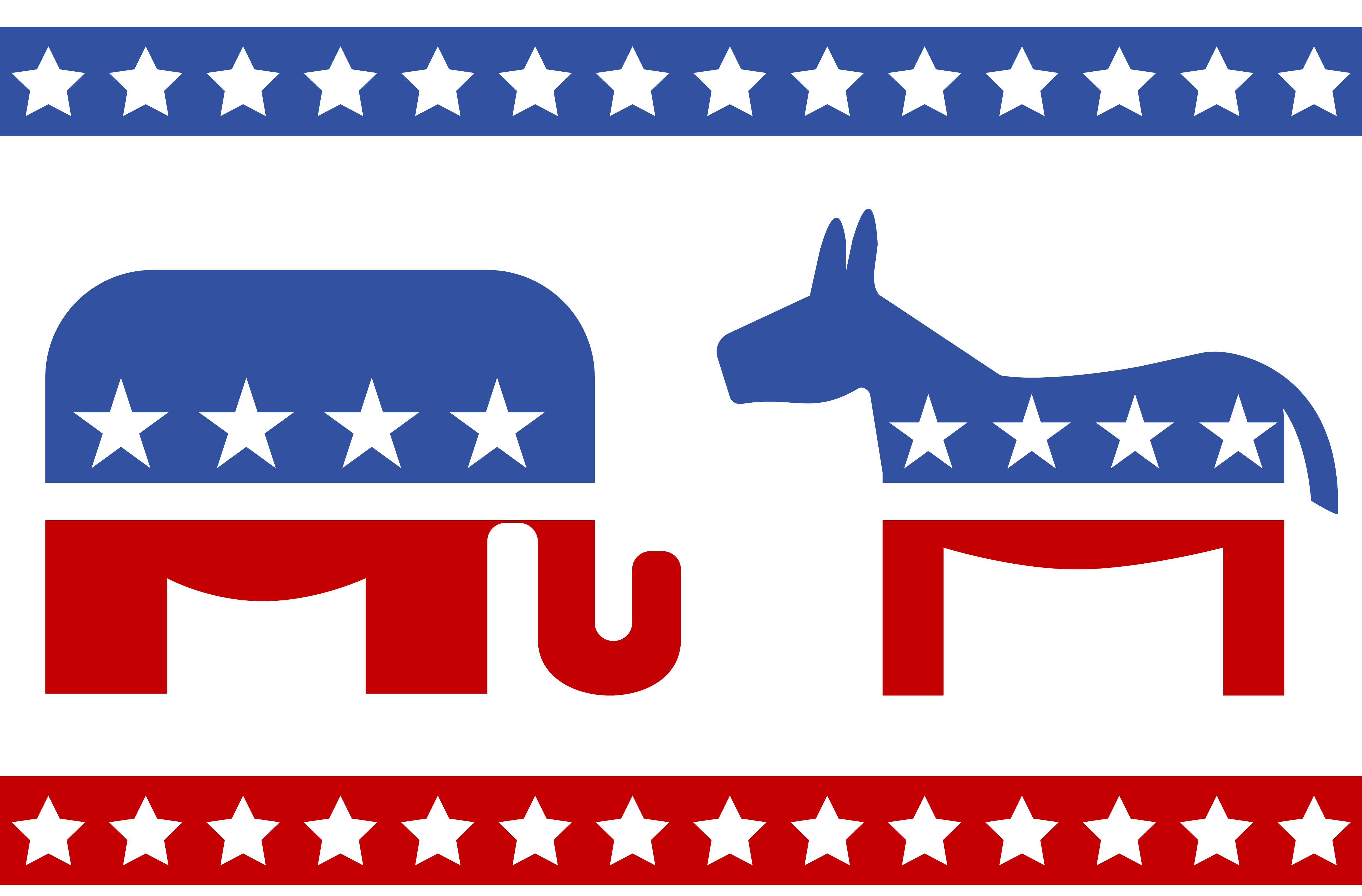The final talk in the “Super Tuesdays: The Culture of Voting” series will be at 6 p.m. November 1 with “Modern Political Movements” with Professor of History Andrew Hartman and Professor of Politics and Government Lane Crothers at University Galleries, 11 Uptown Circle #103, Normal.
The evening will include the premiere performance of School of Music faculty Roy Magnuson’s composition, “it wasn’t supposed to be like this,” by Justin Vickers (tenor) and Geoffrey Duce (piano). A reception will follow. The event is free and open to the public.
Hartman is an American historian who focuses on intellectual history and political culture. He is the author of two books, Education and the Cold War: The Battle for the American School, and A War for the Soul of America: A History of the Culture Wars, and currently at work on a book about “Marx and America.” Hartman was the Fulbright Distinguished Chair in American Studies at the University of Southern Denmark for the 2013-14 academic year and is an OAH Distinguished Lecturer for the 2015-18 period.
Crothers is the author of six books, including Globalization and American Popular Culture, now in its third edition, and Rage on the Right: The American Militia Movement from Ruby Ridge to Homeland Security. From August 2015 to May 2016 he served as the Fulbright Bicentennial Chair in American Studies in the Department of World Cultures at the University of Helsinki in Helsinki, Finland. His work focuses on the ways the values, ideals, and social practices of American political culture shape U.S. policies both in the United States and overseas.
Geoffrey Duce is a pianist who has performed in Carnegie Hall, Berlin’s Philharmonie, and London’s Wigmore Hall, and with orchestras that include the Sinfonie Orchester Berlin, the Chattanooga and Olympia Symphony orchestras, and the Scottish Sinfonia. He has given masterclasses in Hawaii, Canada, the U.K., and the Middle East, and has recorded for BBC Radio 3. This summer he was a guest professor for six weeks at the University of Taipei, Taiwan, and in May 2017 he will appear with Justin Vickers at the Library of Congress in Washington, D.C.
Magnuson has composed music for orchestra, wind ensemble, concert band, chamber ensembles, vocalists, electroacoustic ensembles, and films. His works have been performed throughout the United States and Europe at universities and venues such as the World Saxophone Congress, WASBE, NASA, CBDNA, SCI, and the Red Note New Music Festival.
Vickers is an American lyric tenor who specializes in twentieth-century British music and contemporary song and opera by American composers. His first book, Benjamin Britten Studies: Essays on An Inexplicit Art, is due May 2017 by The Boydell Press. Vickers performs regularly throughout the United States, England, Europe, and Asia, having sung at Carnegie Hall, The Kennedy Center, and Lincoln Center. He appears in recital at the Library of Congress in Washington, D.C., in May 2017.
The four-part “Super Tuesdays: The Culture of Voting” series of presentations and discussions have been held on successive Tuesday evenings leading up to the 2016 presidential election. The evenings feature brief presentations by two faculty speakers and a moderated discussion between those speakers and community participants.
“The series is designed to engage the Bloomington-Normal and campus community in a discussion of the most important and complex issues facing American voters with the guidance and assistance of Illinois State faculty who have expertise in the complexities of those subjects,” said organizer and Professor of Art Lea Cline.
The talks are sponsored by Illinois State University’s School of Art and Office of the President, and the Illinois Humanities Council.
For additional information on “Super Tuesdays,” contact Cline at (309) 438-5621. Find out about past “Super Tuesday” speakers.
The talk is part of the Illinois State University Speaker Series. The series seeks to bring innovative and enlightening speakers to the campus with the aim of providing the community with a platform to foster dialogue, cultivate enriching ideas, and continue an appreciation of learning as an active and lifelong process. All talks are free and open to the public.

